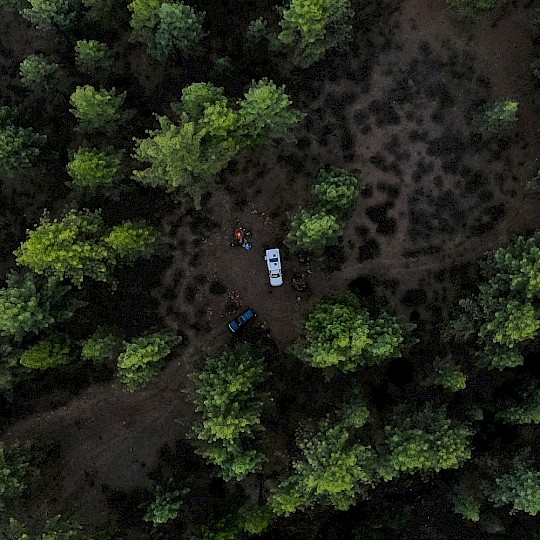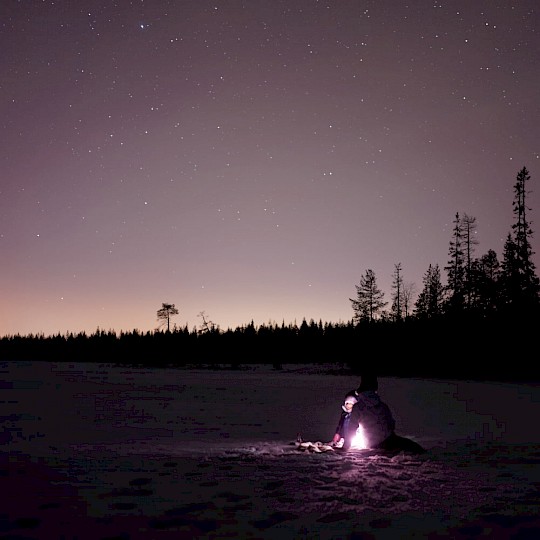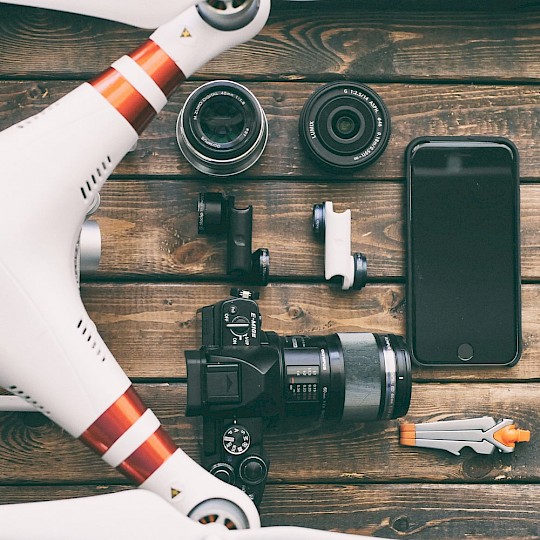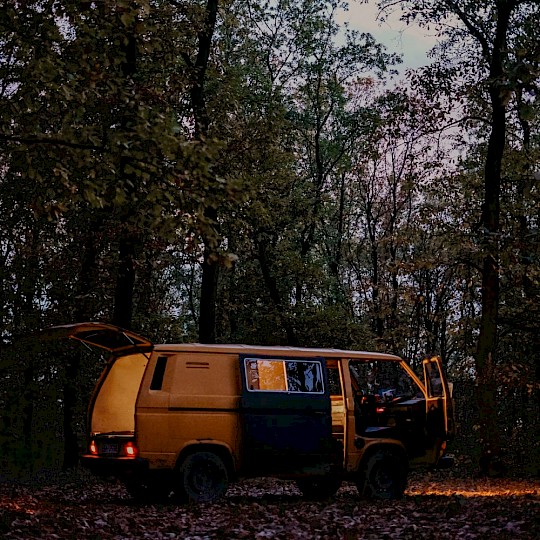Fact #1 - Wellness
There is now a kind of spa in every major city. The term 'spa' for wellness facilities comes from the Belgian resort of Spa in the Ardennes.
Fact #2 - Chocolate
The Belgian Chocolate House at Brussels Zaventem Airport sells 856 tonnes of chocolate a year, making it the world's largest chocolate transshipment center.
Fact #3 - Tramway
The Kusttram is the longest tram line in the world with 68 kilometers and 69 stops. It runs the entire North Sea coast of Belgium.
Fact #4 - Beer
Belgians love their beer. Not surprisingly, the largest brewery group in the world, Anheuser-Busch InBev, has its headquarters in Belgium.
Fact #5 - Comics
In Belgium, there are more comic book manufacturers per square kilometer than anywhere else in the world. Even more than in Japan or the USA.
Fact #6 - Festivals
Belgians love music and festivals. In no other country in Europe do so many festivals take place throughout the year as here.
Fact #7 - New York
According to legend, Peter Minuit bought the land of today's Manhattan district in 1626 and then founded the city of Nieuw Amsterdam, which later became New York City.
Fact #8 - Diamonds
Antwerp is the diamond capital of the world. Approximately 84% of all rough diamonds worldwide are processed here before they are resold.
Fact #9 - On the moon
The only work of art on the moon is the fallen astronaut ("Fallen Astronaut") by the Belgian artist Paul Van Hoeydonck.
Fact #10 - Urbanization
Almost 98% of the Belgian population live in cities or urban areas, making them one of the world's top performers.


























